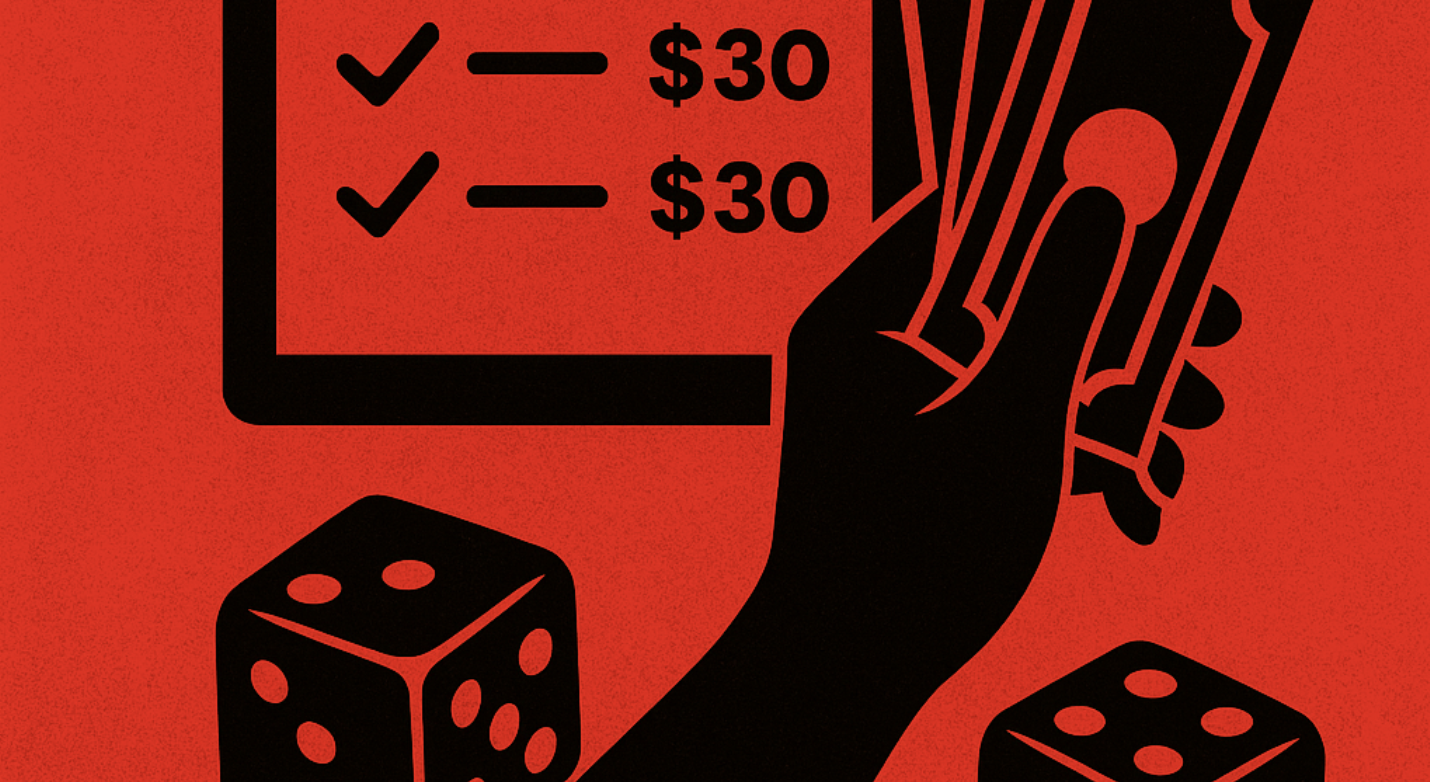Making money from sports betting sounds like a dream, yet with clear rules it can become a stable hobby income. Many fans jump in on big games and hope for luck, but profit comes from steady habits, not wild guesses. When examining RTP a seasoned bettor may compare game titles such as hot scatter to understand variance, then consider how RNG figures impact real-world wagers.
The same careful eye works in sports. By learning how odds reflect true chance, setting a safe budget, and tracking every stake, a bettor can grow small wins into larger ones over time. This guide walks through the key rules that experienced handicappers follow.
Each rule is simple, practical, and friendly. Still, none of these rules involve secret math tricks or heavy jargon; they rely on patience and smart choices. Follow them step by step, and any sports lover can improve the chance of leaving the sportsbook with more cash than they arrived with.
Set a Solid Budget
The first rule of profitable betting is to set a firm budget and treat it like rent money. A skilled bettor never risks funds needed for bills, food, or savings. Instead, he or she puts aside a fixed amount called a bankroll.
This bankroll is money marked only for wagers and should be an amount that can be lost without pain. Many pros choose to risk just one to three percent of their bankroll on any single game. That small slice keeps emotions in check and guards against long losing streaks. Imagine a bankroll of one thousand dollars. A three-percent stake means thirty dollars a pick.
Even five bad days in a row would still leave most of the funds in place. Sticking with this system stops panic bets, which are often the fastest way to empty a wallet. With a clear budget written down, every next step in the betting plan becomes much easier to follow.
Understand Value and Odds
Knowing how to read odds is the second pillar of success. Odds show the chance of an outcome and the payout for guessing right. A smart bettor looks not just for winners, but for value. Value happens when the sportsbook pays more than the true chance suggests.
For example, if a team is given decimal odds of 2.50, the bookmaker states a 40 percent chance of victory. If careful research shows the team should win 50 percent of the time, the bet holds positive value. By placing many value bets, gains add up even though losses still occur. To find value, a bettor can compare lines from different books, study injury news, and review weather reports.
Math helps too: converting American, decimal, or fractional odds into implied probability is simple with online tools. Over time, the mind starts to spot mistakes in the market. Betting only when value appears keeps the bankroll growing steadily, instead of shrinking from random picks.
Over months of steady play, the edge created by value betting becomes clear in the numbers and proves stronger than single big wins.
Keep Records and Adjust Strategy
Making notes may seem dull, yet a record book is a silent teacher. Every professional bettor tracks stakes, odds, wins, and losses in a simple spreadsheet or notebook. The log should also include notes about why each wager was placed.
Was the choice based on player stats, travel distance, or coaching style? After one hundred bets, patterns start to appear. Perhaps underdog picks in baseball earn strong returns, while favorites in basketball drain money.
With clear data, a bettor can drop weak angles and focus on the profitable ones. Record-keeping also exposes hidden fees like juice or taxes that eat into gains. Many modern apps sync with sportsbooks and fill in numbers automatically, making the habit easier than ever.
Once a month, the bettor reviews the sheet, measures profit against the starting bankroll, and sets fresh goals. By treating betting like a small business, the chance of long-term income rises and costly mistakes grow rare.
Emotional Control and Long-Term Vision
Sports bring joy but also sharp swings of mood. A cold streak can tempt even calm bettors to chase losses, while a hot run can spark reckless overconfidence.
The final rule is to manage emotion and think in seasons, not single nights. Deep breaths, short walks, or time away from the screen help reset the mind after a tough beat. Some professionals set a daily stop-loss amount; once that figure is reached, betting stops until the next day.
Long-term vision matters as well. Profits rarely explode overnight, yet they can grow like interest in a bank account when compounded year after year. Setting clear targets, such as a five percent monthly return, keeps goals realistic.
Celebrating small wins, like ending the week ahead of the closing line, protects morale without feeding ego. By pairing emotional balance with patience, a bettor stays on the smart side of risk and lets math, not mood, guide every ticket.



